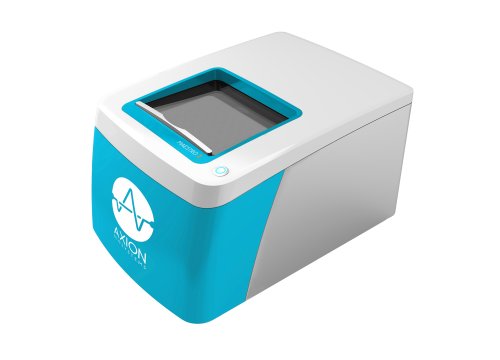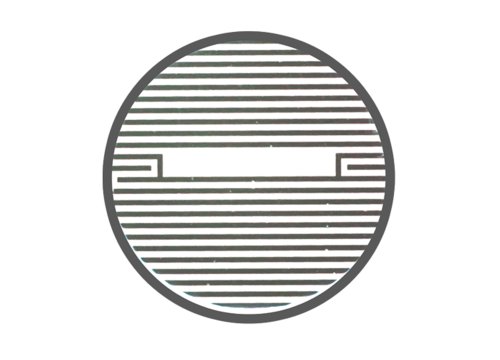El-Sayed NS, Jureka AS, Edwards MR, Lohan S, Williams CG, Keiser PT, Davey RA, Totonchy J, Tiwari RK, Basler CF, and Parang K.
European Journal of Medicinal Chemistry, 2021.
Summary:
There is an urgent need for antiviral drugs against SARS-CoV-2. Given that new drug development can take years, several existing drugs have been considered as candidates such as remdesivir. Remdesivir (RDV) was initially developed as a treatment for Ebola and showed effectiveness in cell based assays. The authors evaluated the synthesis of fatty acyl derivatives of RDV and structural characterization of their antiviral activity against SARS-CoV-2 in VeroE6 cells and Calu3 cells. The Maestro Z impedance system was used to evaluate antiviral screening assay across a cell monolayer to simultaneously measure virus growth and compound cytotoxicity in parallel.The cytotoxicity and antiviral activity of the fatty acyl conjugates of RDV were compared among themselves and to RDV, and the physical mixture of the parent analogs with fatty acids. In a previous study on the Maestro Z, SARS-CoV-2 induced significant cytopathic effects in Vero E6 cells and provided a detailed assessment of the infection kinetics. Due to the continuous data regarding cell health from Maestro Z recordings, the compound toxicity is readily identified by significant drops in impedance prior to the onset of CPE.
Vero E6 cells were pre-treated with 6-fold serial dilutions of RDV and RDV fatty acid conjuates for 1 hour and then infected with SARS-CoV-2. The impedance measurement was recorded at 48 hours post infection and percent inhibition was calculated and compared to controls. The results showed that RDV can be modified with fatty acids and the higher lipophilicity allowed the drug to achieve higher concentration in the infected cells without a significant loss in antiviral activity in vitro.


